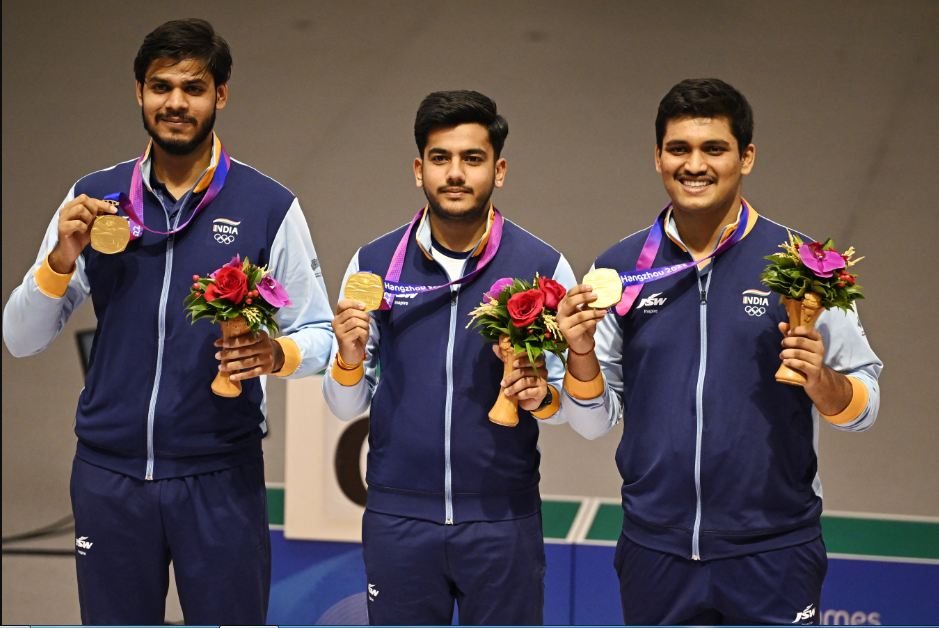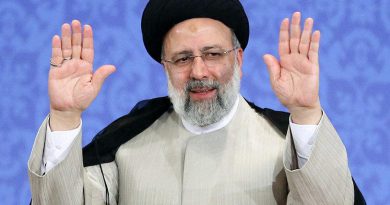India’s shooters on target in Hangzhou, Faker in a league of his own
Hangzhou (Reuters) – India won their first gold of the Hangzhou Asian Games on Monday with their men’s 10m air rifle team on target on day two, while South Korea’s esports superstar ‘Faker’ delighted fans with a debut win and Bangladesh picked up their first medal since 2014.
Some 12,400 athletes from 45 nations are competing for 481 gold medals across a huge programme of 40 sports at the Games in the eastern Chinese city, which were delayed by a year due to COVID-19.
India’s gold came with the added bonus of a world record, beating the previous mark set by China’s men last month.
The Bangladesh women’s cricket team beat Pakistan in the bronze medal match to claim the country’s first Asian Games medal since 2014 at Incheon, South Korea.
They produced a strong performance in the field to restrict Pakistan to 64 for nine after the maximum 20 overs, a total they chased down to win in 18.2 overs.
Cricket, which has hopes of becoming an Olympic sport, returned to the Asian Games after being omitted from the last edition in Indonesia in 2018.
Bangladesh will host the next ICC Twenty20 Women’s World Cup next year.
Esports, which is huge in China, is a medal event at the Asian Games for the first time and the participation of Lee Sang-hyeok – known by his gaming handle ‘Faker’ – has given the competition’s profile a big boost.
The South Korean did not disappoint his legions of fans on Monday, helping his Korean team beat Kazakhstan 1-0 in one of the preliminary matches in the ‘League of Legends’ category.
Also on day two of competition, China picked up gold medals in skateboarding, women’s mountain biking, shooting and rowing, though Uzbekistan stole some of their thunder by pipping the hosts to gold in the women’s single skulls and men’s four.
Skateboarder Chen Ye, 15, upset his Japanese rivals to win the men’s park final. Japan’s Hinano Kusaki, also 15, beat two Chinese skaters to gold in the women’s category earlier.
China has pulled out all the stops to ensure a smooth event, its first major sporting competition since the country ended its “zero-COVID” policy in late 2022.
However, diplomatic tensions have undermined the organisers’ narrative of a harmonious gathering of nations, with India furious over a visa issue that meant three of its athletes were unable to compete in wushu, the Chinese martial art.



